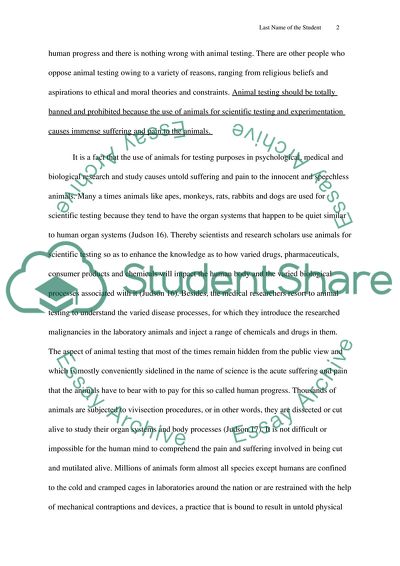Cite this document
(Animal Rights Case Study Example | Topics and Well Written Essays - 1750 words, n.d.)
Animal Rights Case Study Example | Topics and Well Written Essays - 1750 words. https://studentshare.org/environmental-studies/1812272-animal-rights
Animal Rights Case Study Example | Topics and Well Written Essays - 1750 words. https://studentshare.org/environmental-studies/1812272-animal-rights
(Animal Rights Case Study Example | Topics and Well Written Essays - 1750 Words)
Animal Rights Case Study Example | Topics and Well Written Essays - 1750 Words. https://studentshare.org/environmental-studies/1812272-animal-rights.
Animal Rights Case Study Example | Topics and Well Written Essays - 1750 Words. https://studentshare.org/environmental-studies/1812272-animal-rights.
“Animal Rights Case Study Example | Topics and Well Written Essays - 1750 Words”. https://studentshare.org/environmental-studies/1812272-animal-rights.


